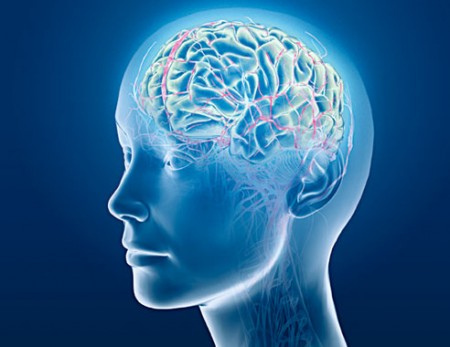Listen to the 6-minute podcast version
Watch a 1-minute introductory video
Sometimes, teenagers take drugs. Maybe, even the teenager in your home.
Therefore, it is important for parents to realize the danger their children face:
- 75% of high school students use addictive substances including tobacco, alcohol, marijuana, or cocaine (37% have used marijuana).
- 90% of Americans with addiction started before the age of 18.
- Possible outcomes include injury, or worse, from car accidents, overdose, or suicide or years of misery for those involved.
- Less severe addiction situations can still be tragic, disrupting the entire family and dominating the life of the person struggling.
[Statistics cited are from a study by CASAColumbia titled Adolescent Substance Use: America’s #1 Public Health Problem.]
Dangers of that magnitude make it critical for parents to learn why teenagers take drugs and remain vigilant to what is going on with their sons and daughters. Their well-being, and sometimes their lives, may depend on it.

Why Teenagers Take Drugs
Parents can start by trying to understand the reasons why teenagers do what they do.
Teenage brains work differently than those of adults. Teens are more:
- Impressionable and prone to peer pressure.
- Attracted to risk-taking, and they do not evaluate consequences well.
- Impulsive and emotional, not thinking as clearly as adults when under stress.
- Self-conscious and self-centered as they search for their place in life.
- More prone to the effects of drugs and to ongoing addiction.
Sometimes, often for reasons even they do not understand, teenagers make the decision to try drugs. And, at first, those substances are not a problem to them–they are a solution! Why do they do it?
- To fit in, because they are eager for connection and hanging around the wrong friends.
- Because they want to have fun, and they don’t see drugs as a risk or even a big deal.
- Their lives are disrupted by a family move, a divorce, changing schools, or a breakup.
- There is an underlying medical or emotional issue, such as ADHD, depression, or anxiety.
- They are struggling with behavior traits that influence them toward substance abuse.
The choices some teenagers make may seem hard to understand for parents. But their kids aren’t crazy, and they are still the same person underneath. People do what they do for a reason, and parents need to understand the problems their kids want to solve.
The Road to Addiction
Drugs are mood-altering substances. They affect many aspects of a teen’s behavior, so the road to addiction is normally marked by warning signs that parents can be on the lookout for including:
- Habits or performance change, e.g. grades worsen or teens drop out of activities.
- They switch friends, sometimes mysteriously, or they begin to isolate themselves.
- Their demeanor changes, and they may become impulsive, angry, or resentful.
- Lying and disobedience increase, and it becomes harder to trust or talk to them.
- Parents begin to notice a growing number of suspicious activities going on.
As the pull of addiction gets worse, what can a parent expect to see in their son or daughter?
- Even stronger signs of self-absorption and entitlement.
- Hostility, especially when confronted, and a pattern of hurtful behavior.
- A teen becoming more manipulative, dishonest, and willing to lie or steal.
- In a word, insanity, as they become irrational, irresponsible, illogical, and compulsive.
- A spiritual vacancy, as they likely shy away from God and talks about “religion.”
But the good news is that there are things parents can do. Before it’s too late.
The Way Back
Even in the worst of situations, there is hope.
It may take a holistic combination of activities to address inter-related emotional, social, spiritual, and even medical issues. It will likely take some time, and it won’t be easy. But you can get through this, and there are practical steps you can take. Starting now.
If you are in that situation, a good first step is to use the PACES for Parents online learning center to find tips for what to do as well as what not to do. PACES for Parents will help you see how you can be a great parent, including how your role changes if your teenager has addiction issues. You should also talk to people to learn from others who have been through similar situations.
The way back may be difficult, but millions of parents and teens have traveled it successfully. And when all seems dark, God is still in control. If you are in that dark place, know that you can make it back too. Do what you can, take it a step at a time, and hang in there.
Most of all, be assured that there is always hope. Your family can get through this, and things can be better.
But it’s up to you to take the right steps to get there.
Question: Do you know someone with a teenager who may be at risk of addiction?
Action: Go to StepsProactiveParenting.com and take the free two-minute Teenage Wellness Assessment.

